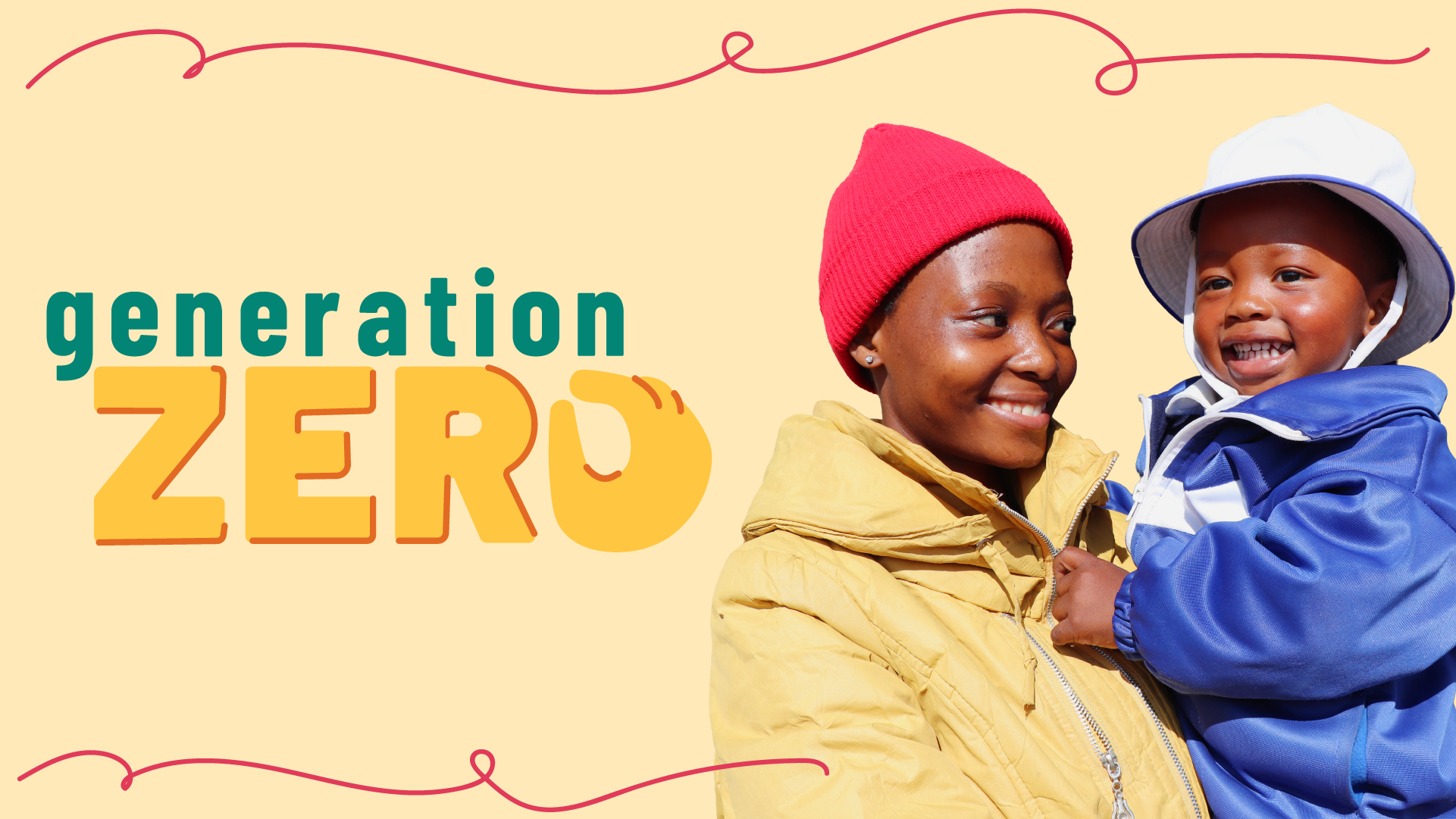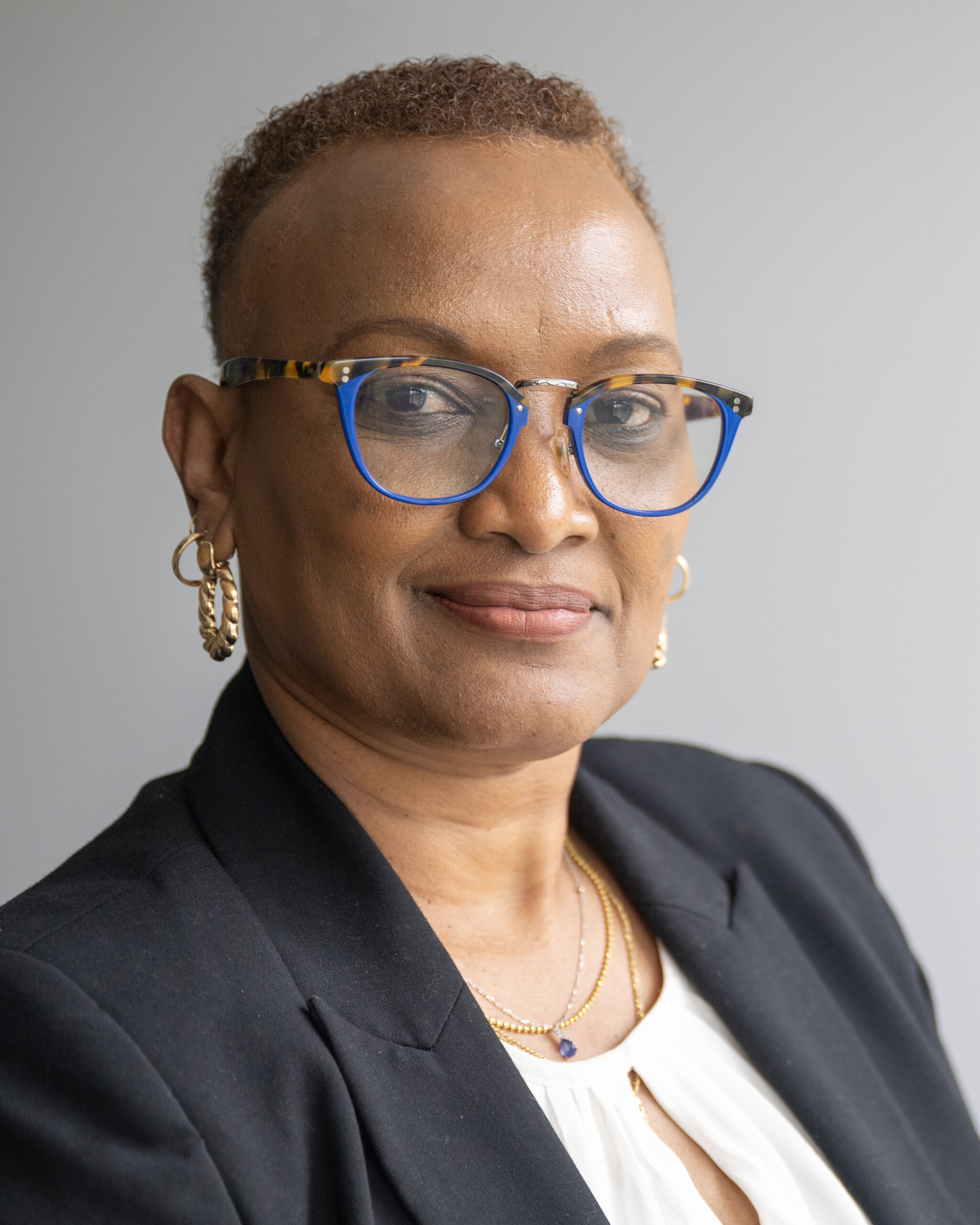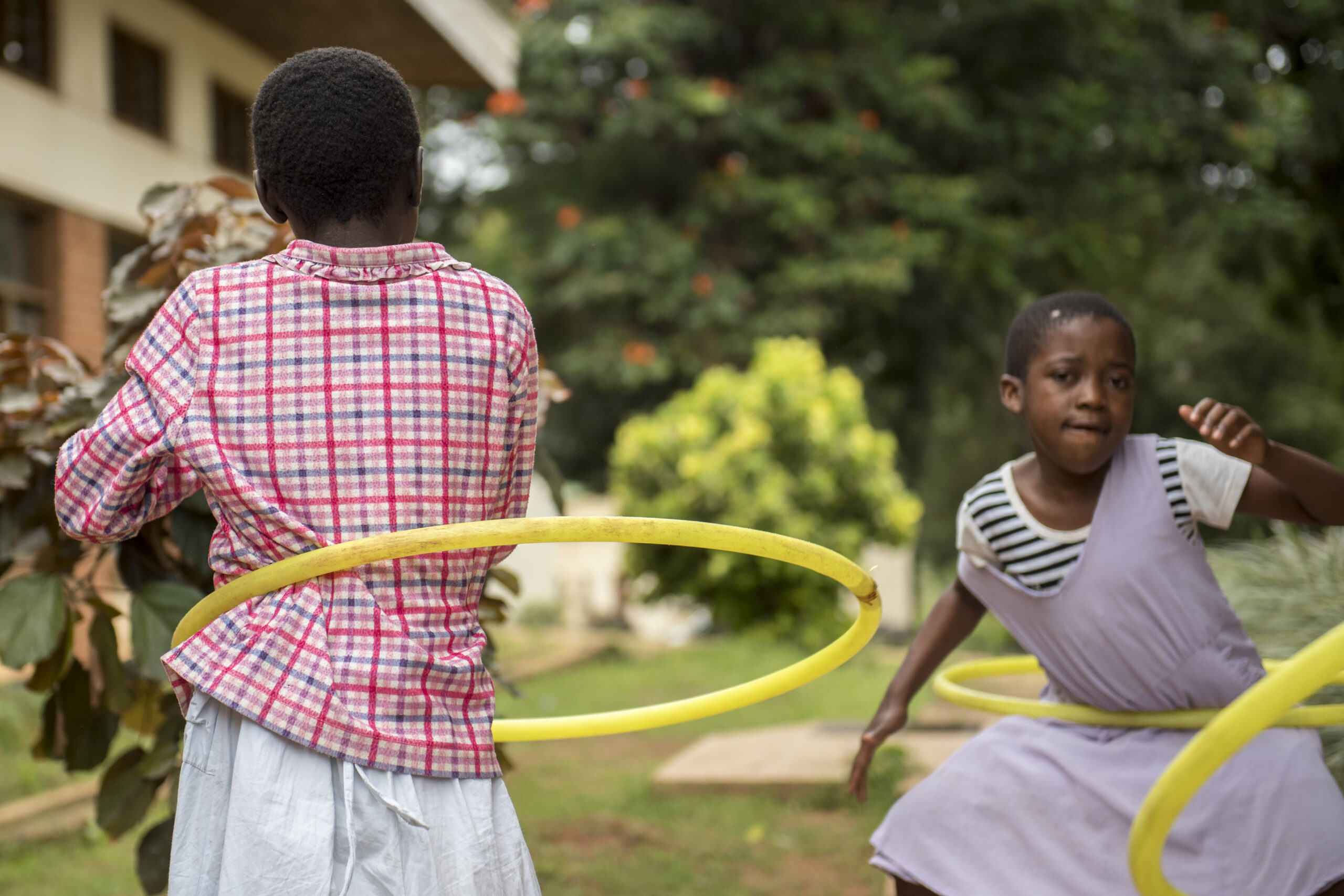Marie is a widow, who sells household goods at one of the many roadside markets in the Ndjili commune of Kinshasa, Democratic Republic of Congo (DRC). Shortly after Marie’s husband died from a mysterious illness, she, too, began wasting away. One evening, Marie attended an HIV education session at her church, which solidified her suspicion that her husband had died from AIDS-related illnesses. She confided in her pastor, who counseled her to go to a nearby health center and get tested for HIV. The result of the HIV test was positive, and Marie was immediately enrolled in antiretroviral treatment (ART).

When Marie’s viral load had been significantly suppressed because of her adherence to medication, she was referred to a community ART distribution point, known as a PODI (Poste de Distribution des Médicaments) administered by religious leaders in Ndjili, with the support of the Elizabeth Glaser Pediatric AIDS Foundation (EGPAF). This initiative is funded through the Centers for Disease Control and Protection (CDC) and the U.S. President’s Emergency Plan for AIDS Relief (PEPFAR).

At the PODI—located on the grounds of a Baptist church—Marie and other community members living with HIV can pick up their ART medication, receive HIV education, and ask the health workers questions. Since the PODI is a distribution point for about 100 patients, with visits spaced out during the month, health workers have the time to provide individual attention, including phone calls and home visits to patients who fail to show up for their appointments.
“The church is obliged to be in the center of this because the HIV patients are coming from our community,” says Pastor Junior Mangombo. “Religious leaders have much time to get in in touch with people living with HIV, to support them, to empower them, to discuss the issues with them.”

Pastor Mangombo says that religious leaders bear added responsibility because sometimes churches become barriers in the effort to reach people living with HIV.
In the past, church and mosques were places of discrimination and stigmatization. People believed that HIV was a punishment for sin. Now we are telling our congregants that HIV is not a punishment from God—and we see that discrimination is reducing.
“Because I have support from the churches, I do not feel stigmatized,” affirms Marie.
“When people of different faiths are fighting religious battles, our believers keep dying,” adds Aimée Mbiyavanga, the leader of an evangelical church. “The training we received from EGPAF focused on saving the lives of all of our believers. We have become united in our fight against HIV.”
Unity is the most important point. In the Koran, it says that people should prevent bad things from happening instead of waiting for them to happen and trying to get a solution later. Imam Mouhamed Biboko
“Religious leaders have a very nice setting for message transmission,” says Pastor Mangombo. “Everything that is transmitted in a church or in a mosque is really taken into account by believers. And now every person living with HIV in our community has a church and a religious leader to interact with.”
Marie says that she is grateful to her own pastor for providing HIV sensitization at her church and for his counsel that she be tested. And as a beneficiary of this PODI, she is able to easily adhere to her HIV treatment.

“When I come here, I pick up my drugs quickly,” says Marie. “If I have a concern, I can ask a question and receive a quick response. If I have a problem getting to the distribution point, someone from the PODI can bring it to me or I can call a peer at the PODI to pick up my medicine for me.”
Jesus asked us who our neighbor is in his parable of the Good Samaritan. We are doing this because of God’s word. We are doing this because of love. Mbiyavanga






